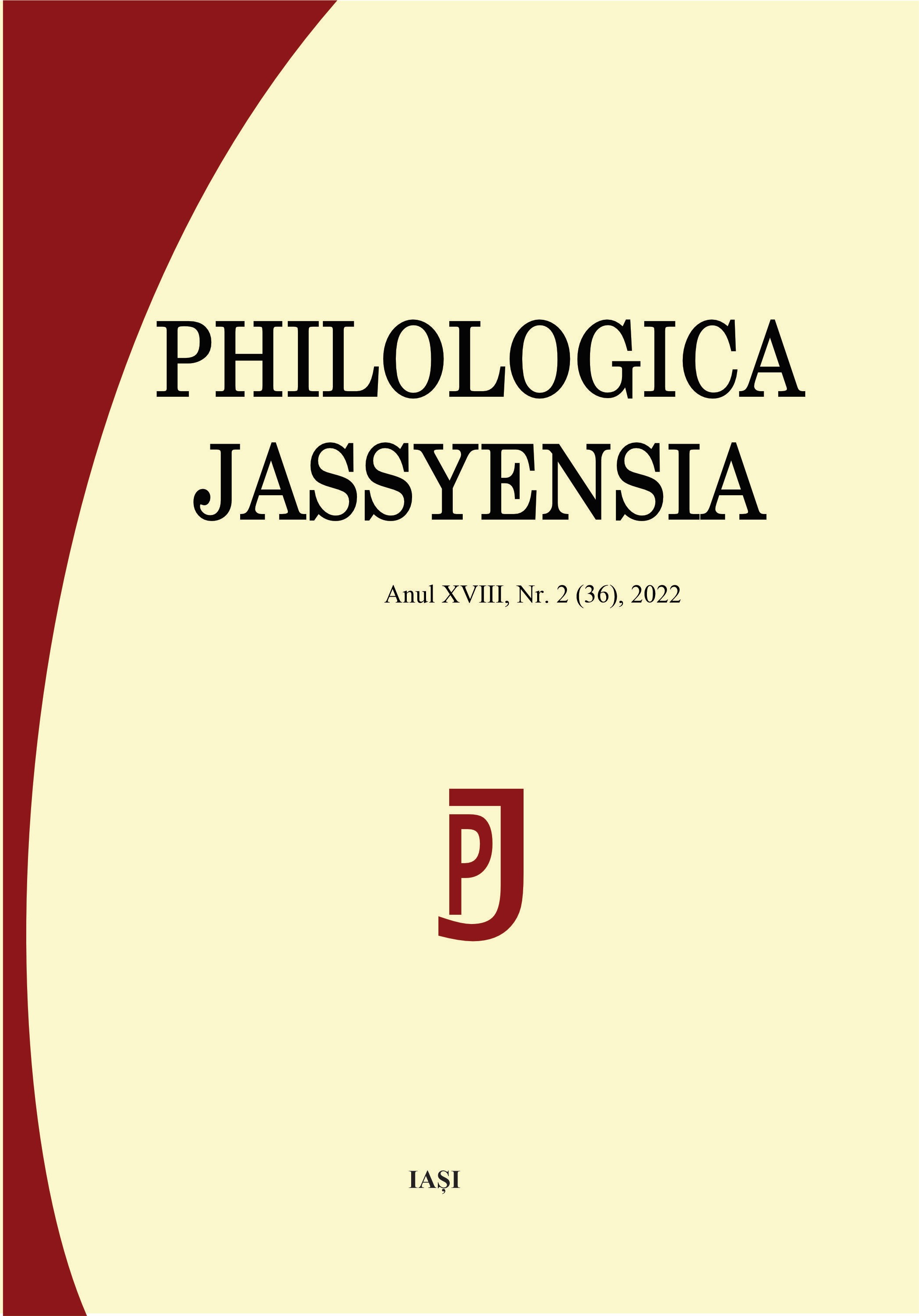Teren etnologic în perioadă de criză. Note la o descriere de caz
Ethnological Fieldwork in Crisis. Remarks on a Case Study
Author(s): Otilia Hedeșan, Cosmina TIMOCE-MOCANUSubject(s): Ethnohistory, Cultural Anthropology / Ethnology, Health and medicine and law, Translation Studies
Published by: Editura Tracus Arte
Keywords: Romanian ethnology; fieldwork during Covid period; food studies; research methodology; remote ethnology;
Summary/Abstract: In the first months of 2020, the whole world was affected by the restrictions caused by the authorities' attempts to stop the spread of SarsCov2 as far as possible. Initially, the most effective measure was quarantine, which could slow the spread of the virus. In Romania, the first case of Covid19 was confirmed on 23 February 2020, and after a period of hesitation, the national authorities imposed the quarantine on 15 March, i.e., a series of restrictions on the movement of persons and on participation in events involving more than eight persons. Obviously, the introduction of this special regime for the movement of persons affected all areas of social and economic life, including its vital branches, such as the industrial and educational activity. Of course, under these conditions, the first temptation of any ethnologist was to observe the transformations of the rhythms of life, practicing a kind of armchair ethnography and transforming into the observed "field" even their own home, their own life or the lives of those close to them, but also what came to them from the outside world via online. In contrast to these approaches, this paper studies several cases where, through contractual obligations, the ethnologist had to do the field in the classical sense of the term, i.e. to observe real (not virtual) communities, located far away (even geographically), and to participate in their social and cultural life. The constraints imposed by quarantine practically forced ethnological fieldwork to reinvent itself, making researchers reflect on the criteria for selecting their informants under the new conditions, on the manner of interacting with them, on the logistics involved in producing interviews and, last but not least, on the ethical implications of approaches of this kind. The remote field experiences of two projects were presented and analyzed: Educational and Networking Tools on Development of Authentic Performance for Professional Integration – PAN and Colecție digitală a patrimoniului alimentar românesc și transfer spre societate – FOODie.Analyzing in particular the interviews conducted in the FOODie project, the paper highlights a number of advantages of remote fieldwork, such as: the possibility to overcome quarantine restrictions, the possibility to make a quality video recording, the openings of a collaborative ethnology. A number of difficulties of this type of remote research are also highlighted, such as: communication difficulties due to lack of direct interaction, internet signal fluctuation problems, difficulties in understanding some aspects due to ignorance of the informant’s living space.
Journal: Philologica Jassyensia
- Issue Year: XVIII/2022
- Issue No: 2 (36)
- Page Range: 257-268
- Page Count: 12
- Language: Romanian

